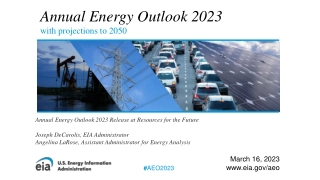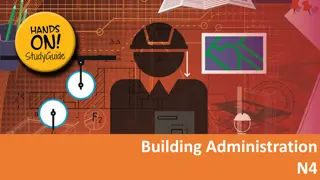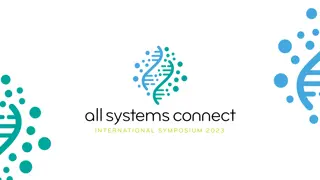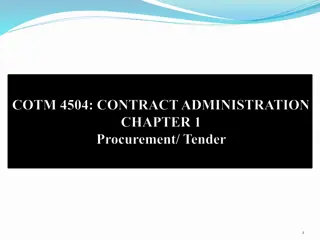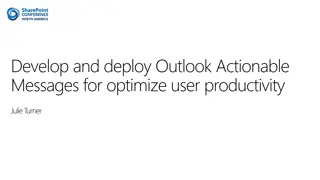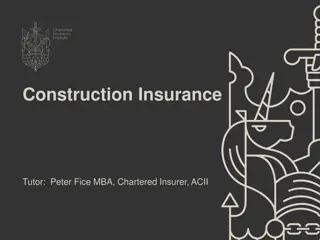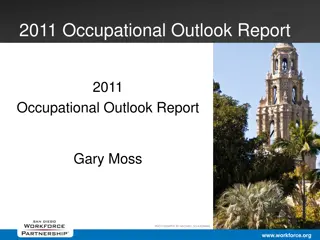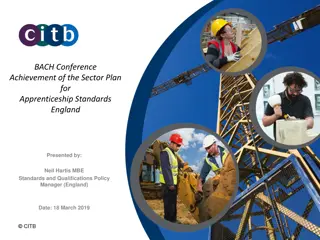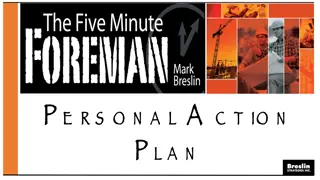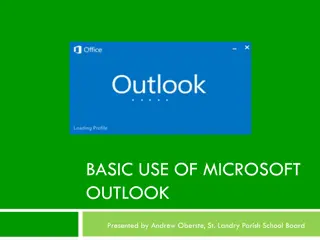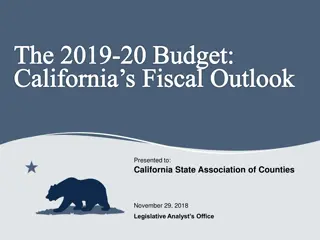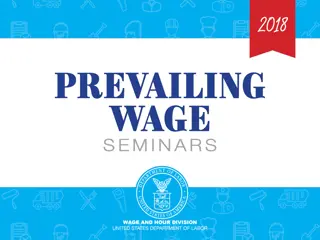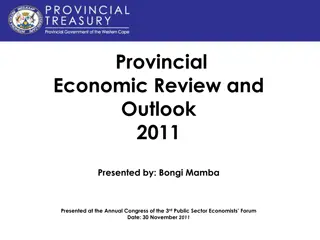Zimbabwean Economy and Construction Industry Outlook
Implications of Zimbabwe's economic conditions, with focus on challenges faced by the construction industry due to inflation, forex liberalization, and government budget constraints. Opportunities discussed include regional infrastructure projects and toll road developments. Insights shared by a business and economic analyst.
Download Presentation

Please find below an Image/Link to download the presentation.
The content on the website is provided AS IS for your information and personal use only. It may not be sold, licensed, or shared on other websites without obtaining consent from the author.If you encounter any issues during the download, it is possible that the publisher has removed the file from their server.
You are allowed to download the files provided on this website for personal or commercial use, subject to the condition that they are used lawfully. All files are the property of their respective owners.
The content on the website is provided AS IS for your information and personal use only. It may not be sold, licensed, or shared on other websites without obtaining consent from the author.
E N D
Presentation Transcript
The Current State of the Zimbabwean Economy and Future Prospects in the Construction Industry. Presented by Stevenson O Dhlamini October 2-5 at Elephant Hills, Victoria Falls Business and Economic Analyst Lecturer of Economics(NUST) and a Research Fellow at the Public Policy and Research Institute in Zimbabwe(PPRIZ)
OUTLINE OF THE PRESENTATION Macroeconomic Macroeconomic Environment Environment Overview Overview 1. 1. 2. 2. Opportunities Opportunities in in the the Construction Construction Industry Industry 3. 3. Challenges Challenges & & Threats Threats Implications Implications of Industry Industry of Forex Forex Liberalization Liberalization on on the the Construction Construction 4. 4. 5. 5. Building Building Resilience Resilience: : Strategies Strategies for for Contractors Contractors 6. 6. Conclusion Conclusion 2
Overview of Zimbabwe's Economic Conditions and Their Implications Zimbabwean Zimbabwean GDP agriculture, mining, and construction. However, growth is constrained by inflation and high debt levels. Inflation Inflation: : Inflation remains a key threat, with the local currency (ZiG) devalued by 46% recently. This erodes purchasing power and increases costs for contractors reliant on local currency payments. Foreign Foreign Exchange Exchange (Forex) (Forex) Liberalization Liberalization: : The liberalization of foreign exchange markets is meant to increase the availability of foreign currency, creating a more flexible financial landscape for the importation of construction materials. However, it also exposes contractors to exchange rate fluctuations. Government Government Budget Budget Constraints Constraints: : With limited fiscal space, government- backed projects may face delays in payments, further aggravating cash flow challenges for contractors GDP: : Expected to grow modestly in 2024, driven by
Opportunities in the Construction Industry Road Corridors Construction Regional Infrastructure Projects: Beitbridge-Harare-Chirundu highway as part of the North-South Corridor. Expansion of corridors. Harare-Mutare and Plumtree-Bulawayo-Harare-Mutare Need for regional integration under AfCFTA (African Continental Free Trade Area). Toll Road Development: Public-private partnerships (PPPs) for toll road construction and management. Opportunities for foreign investment in tolling infrastructure.
Zimbabwe serves as a regional transport hub, and there has been renewed focus on developing road corridors that connect to neighboring countries like South Africa, Zambia, and Mozambique. Opportunities for contractors include public-private partnerships (PPPs) for toll road development and upgrading existing highways. Engaging in regional infrastructure programs (such as the African Continental Free Trade Agreement [AfCFTA]) could unlock additional funds and partnerships.
Urban Renewal Projects Urbanization is driving demand for housing, commercial spaces, and improved infrastructure in cities like Harare, Bulawayo, and Mutare. Government and private developers are pushing for urban renewal projects targeting dilapidated infrastructure and informal settlements. Contractors can capitalize on opportunities to develop affordable housing and mixed-use spaces, leveraging smart city technologies.
Remittance-Driven Construction: Increased remittances from Zimbabweans living abroad could help sustain demand for housing and other construction projects, particularly in the services and trade sectors. Healthcare Healthcare and and Educational Educational Facilities Facilities: Investments in healthcare and educational infrastructure present avenues for the construction industry to build hospitals, clinics, schools, and universities. By contributing to developing essential facilities, construction companies can positively impact the quality of life and education in the regions. Water Water and and Waste Waste Management Management Plants Plants: Upgrading water treatment facilities and waste management plants requires construction expertise. The construction industry can play a vital role in improving environmental sustainability by undertaking projects in these areas.
Green Economy & Sustainable Construction Sustainable Building Practices: Growing demand for green buildings and energy-efficient housing. Renewable Energy Integration: Adoption of smart city technologies and renewable energy solutions.Integrating renewable energy, such as solar-powered street lighting and energy-efficient buildings, into road and urban development projects is a growing trend. Contractors with expertise in renewable energy solutions will find opportunities in both urban renewal and road infrastructure projects. Green Building Certifications: As sustainability becomes more important, contractors can benefit by adopting green building certifications (e.g., LEED, EDGE) for new housing and commercial projects. These certifications can attract eco-conscious investors and reduce long-term operating costs for building owners. Financing for Green Projects: International development banks and organizations like the World Bank and African Development Bank (AfDB) are increasingly offering financing for green infrastructure projects. Contractors that align their projects with sustainability goals can access funding through green bonds or climate-related grants.
Challenges & Threats Currency Instability: Currency Instability: The devaluation of the ZiG by 46% recently has made it challenging for contractors paid in local currency to manage costs, especially with rising prices of imported materials. Delayed Government Payments: Delayed Government Payments: Contractors heavily reliant on government contracts face the risk of delayed payments due to fiscal constraints, impacting liquidity and leading to project delays. Foreign Exchange Volatility: Foreign Exchange Volatility: While forex liberalization increases access to foreign currency, fluctuations in exchange rates can create unpredictable costs, especially for imported materials. Inflationary Pressures: Inflationary Pressures: Inflation continues to erode profit margins and increase the overall cost of doing business in Zimbabwe. Regulatory & Political Risk: Regulatory & Political Risk: Frequent regulatory changes and political uncertaintys could disrupt long-term projects and undermine investor confidence
Implications of Forex Liberalization Access to Foreign Currency: Access to Foreign Currency: Forex liberalization allows contractors to source foreign currency more easily, particularly for importing critical materials such as cement, steel, and machinery. Cost Fluctuations: Cost Fluctuations: Contractors must now manage exchange rate risks, as the volatility of the parallel market can significantly affect project costs and profitability. Opportunities for Export Opportunities for Export- -Oriented Projects: Oriented Projects: Firms that can position themselves for regional projects or export services may benefit from forex liberalization, as payment in USD or other stable currencies becomes more accessible. Need for Hedging Strategies: Need for Hedging Strategies: Contractors should consider financial instruments such as forward contracts to hedge against currency risks and ensure cost stability during project implementation.
Building Resilience 1. Multi-Currency Contracts Mitigating Currency Risk: Structure contracts in USD or other stable currencies to protect against ZWL depreciation. Seek flexible contract terms that allow for price adjustments based on inflationary pressures. 2. Diversification of Clients Private vs Public Sector Projects: Diversify client base to reduce reliance on the government for contracts. Focus on private sector developments (e.g., commercial real estate, housing) and international projects. 3. Cost Optimization Efficient Resource Allocation: Implement cost-control measures to manage rising input costs, such as bulk purchasing and long-term supplier contracts. Use local materials and labor where possible to reduce exposure to forex risks. 4. Leveraging Technology Construction Technology & Automation: Invest in digital tools (e.g., project management software, BIM) to enhance efficiency and reduce operational costs. Explore modular construction techniques to save time and reduce waste.
Conclusion The construction industry in Zimbabwe faces significant macroeconomic challenges, including currency devaluation, government payments. However, there are also numerous opportunities, particularly in road corridors, urban renewal, and green construction. By implementing strategies such as multi-currency contracting, hedging against forex risks, and tapping into green financing, contractors can build resilience and position themselves for success in 2024 and beyond. inflation, and delayed
THANK YOU stay safe!!!


